NUTRITION TIPS: EGGS, THE BEST FOOD FOR FASTER RESULTS?
The equation for success seems simple. Therefore, hard work and time in the gym + Healthy diet = Fast, long-lasting results. Then why are so many of us struggling? In other words, if you aren’t eating eggs, you should be. Not just the whites. You need the WHOLE egg, especially the yolk.
- We need more fat in our diets
On the other hand, we have been taught incorrectly for decades that “healthy eating” revolves around a diet high in sugar, and low in fat. In 1967. Furthermore, the heads of the Sugar Industry used a trade group called the Sugar Research Foundation to pay three Harvard scientist the equivalent of $50,000.00 to “mislead” the American Public into thinking fat was bad, and sugar (carbohydrates) was good. The result? However, a food Pyramid that taught us to incorrectly eat high amounts of carbohydrates while actively eliminating any kind of fat from our diets. If you want to check out the fake study, click here.
Further, by eating more eggs, you are replacing your insulin spiking carbohydrate calories with muscle and mind building fat. Most scientist agree that there was a sudden impact in brain mass and thinking ability when fat was introduced to our ancestors. For instance, 80% of the brain is made from fat. Above all, the number is even higher in children, around 90%. So not only are you feeding your brain, but you also are allowing your body to get rid of the excess fat hanging around your midsection.
- Eggs have high amounts of choline. Choline improves strength and performance.
You get 110-150mg of Choline from one WHOLE egg. Choline is essential to make acetylcholine, a neurotransmitter responsible for memory, recall, focus, and muscle strength. Choline is routinely used in supplements for focus. However, it has been proven that Choline does more than just help you focus. It helps you get stronger! There has even been a correlation to “gifted” athletes and high levels of acetylcholine.
Choline increases the amount of Growth Hormone your body secrets after exercise. Researchers found that post exercise Growth Hormone peaked 44 times higher when supplementing with Choline. Meanwhile, increased Growth Hormone response from exercise leads to faster recovery and increases in strength and lean muscle mass. Bottom line, eat eggs if you want to get stronger, and perform better.
- Eggs work with ANY diet
Keto, South Beach, Palo, IF. They all have one thing in common. When you go out to eat, it’s almost impossible to not slip on your diet. And worse, the next day you feel like “crap.” You should have ordered an omelet.
Because eggs don’t contain carbohydrates, you can eat them with ANY high protein/ low carb diet. Heck, you can even eat them on a high carb, bulking diet. You can eat them on a boat, you can eat them with a goat. You can even eat them on train, or in the rain. Because eggs are so versatile, you can eat them anywhere, Sam I am.
Conclusion
In conclusion, if you are on the fence about eggs, you shouldn’t be. Also, you NEED the yolk. It is the best part of the egg. It contains all the vital nutrients necessary to make sure your body and mind will continue to perform at its peak for years to come. If you already eat them,
hopefully you now have the info to throw egg on someone else’s face.
Top Related Articles
- 1. Weight Loss Tips: Three Supplements to Speed up Weight Loss
- 2. Training Tips: Strength vs. Size:How to train for both
- Strength and Muscle Gaining Tips: 99 Problems
Morning Wood Ain’t One
[3] Bellar, David, Nina R. Leblanc, and Brian Campbell. “The Effect of 6 days of Alpha Glycerylphosphorylcholine on Isometric Strength.” J Int Soc Sports Nutr Journal of the International Society of Sports Nutrition 12, no. 1 (November 17, 2015). doi:10.1186/s12970-015-0103-x.
[4] Ziegenfuss, Tim, Jamie Landis, and Jennifer Hofheins. “Acute
Supplementation with Alpha-glycerylphosphorylcholine Augments Growth Hormone Response To, and Peak Force Production During, Resistance Exercise.” J Int Soc Sports Nutr Journal of the International Society of Sports Nutrition 5, no. Suppl 1 (September 17, 2008). doi:10.1186/1550-2783-5-s1-p15.




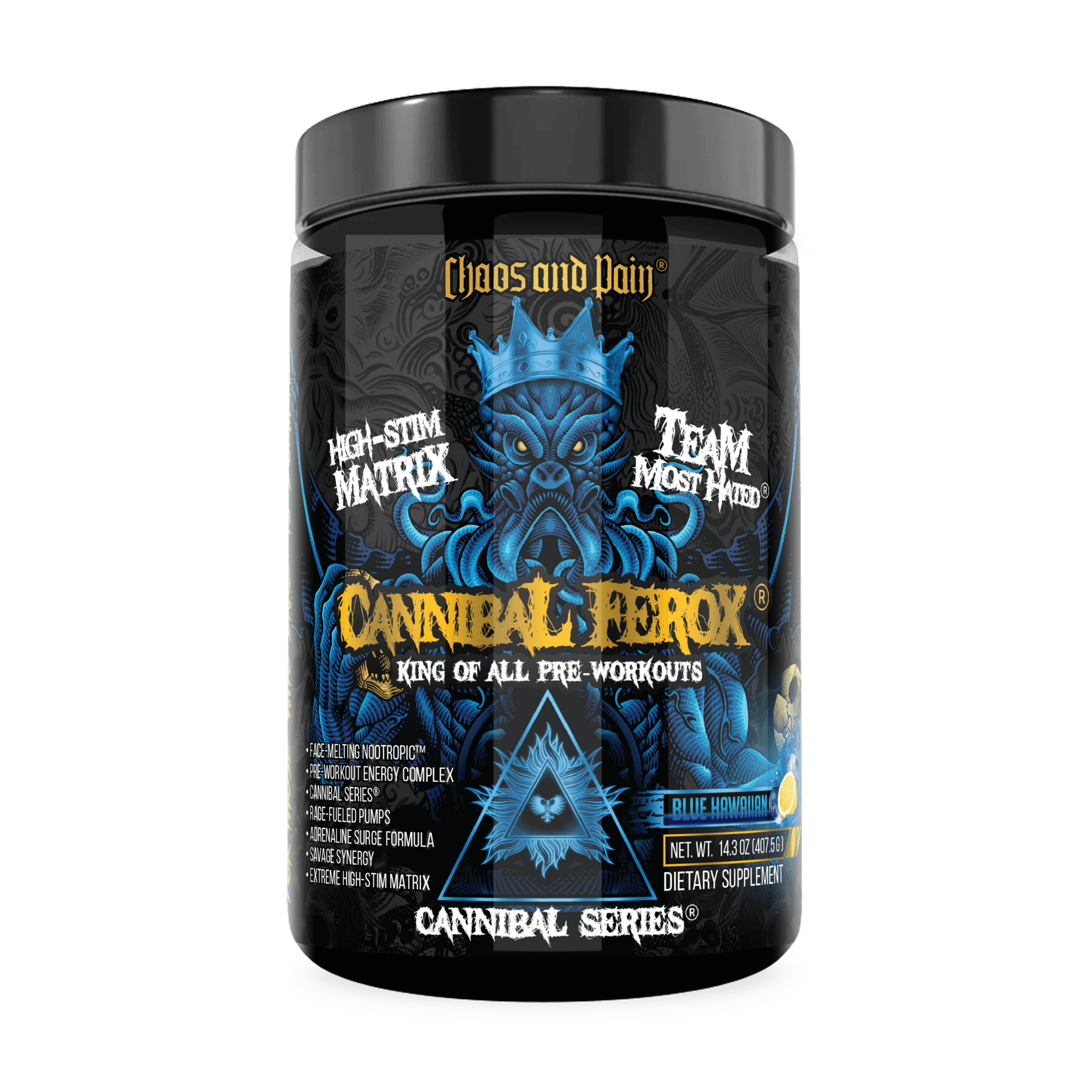
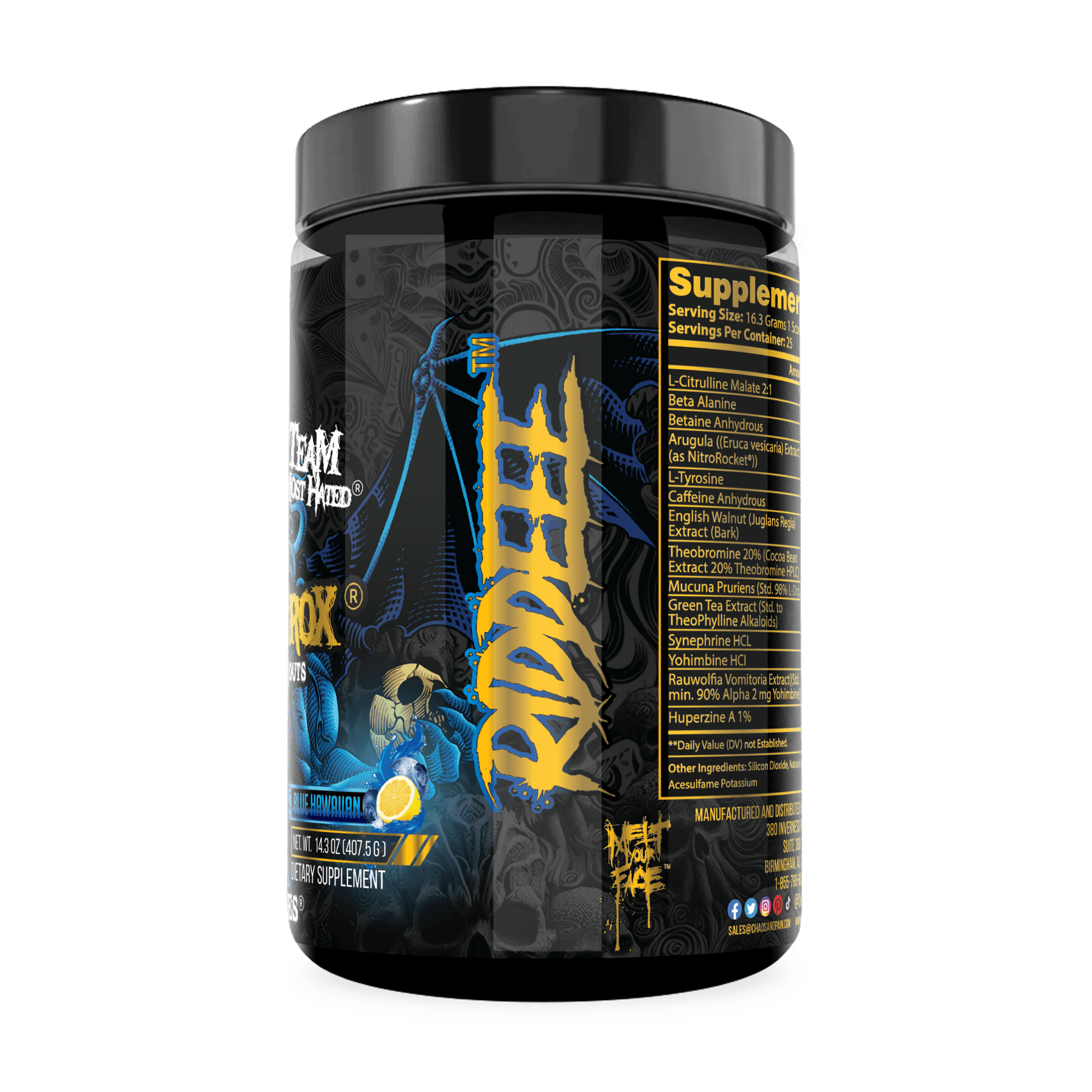


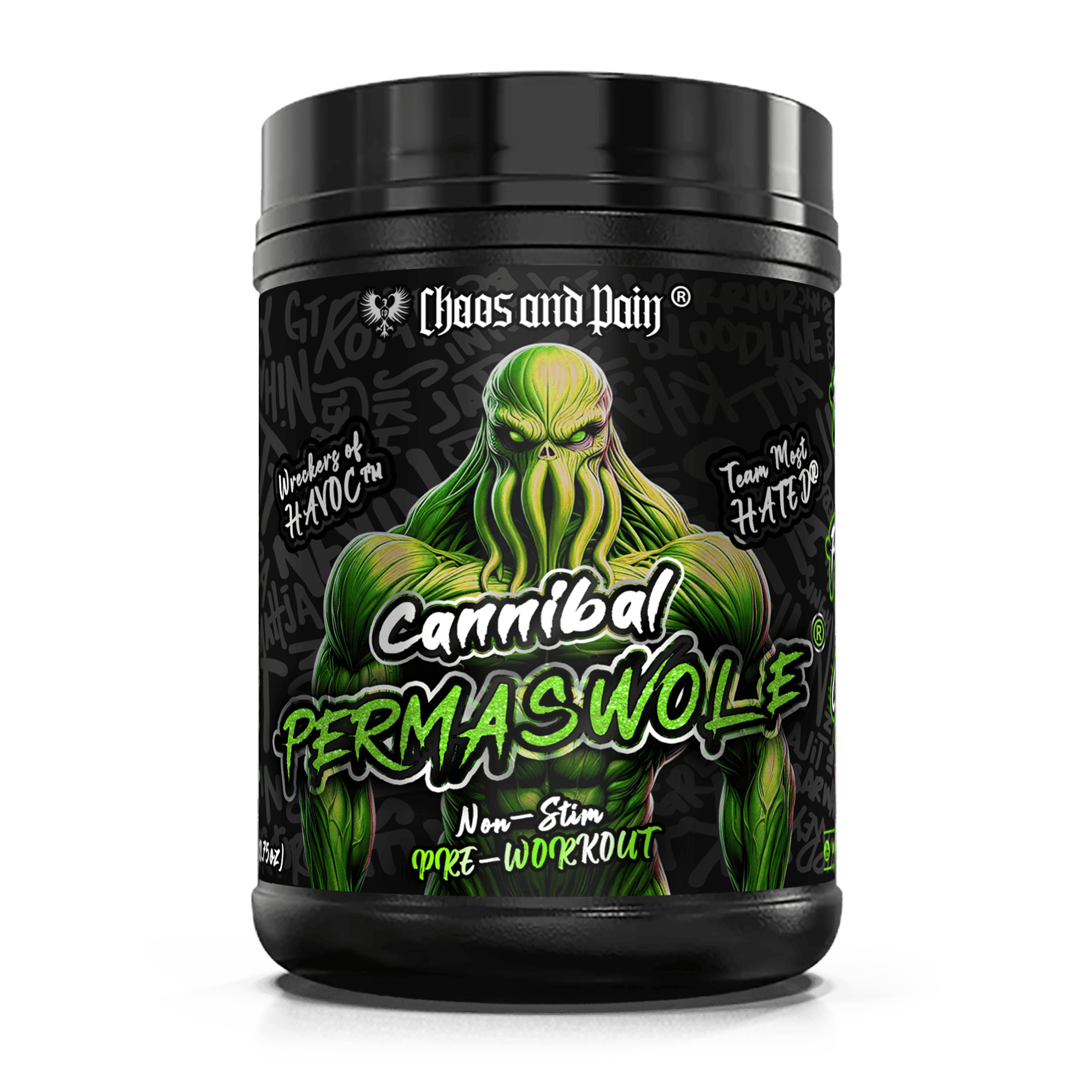
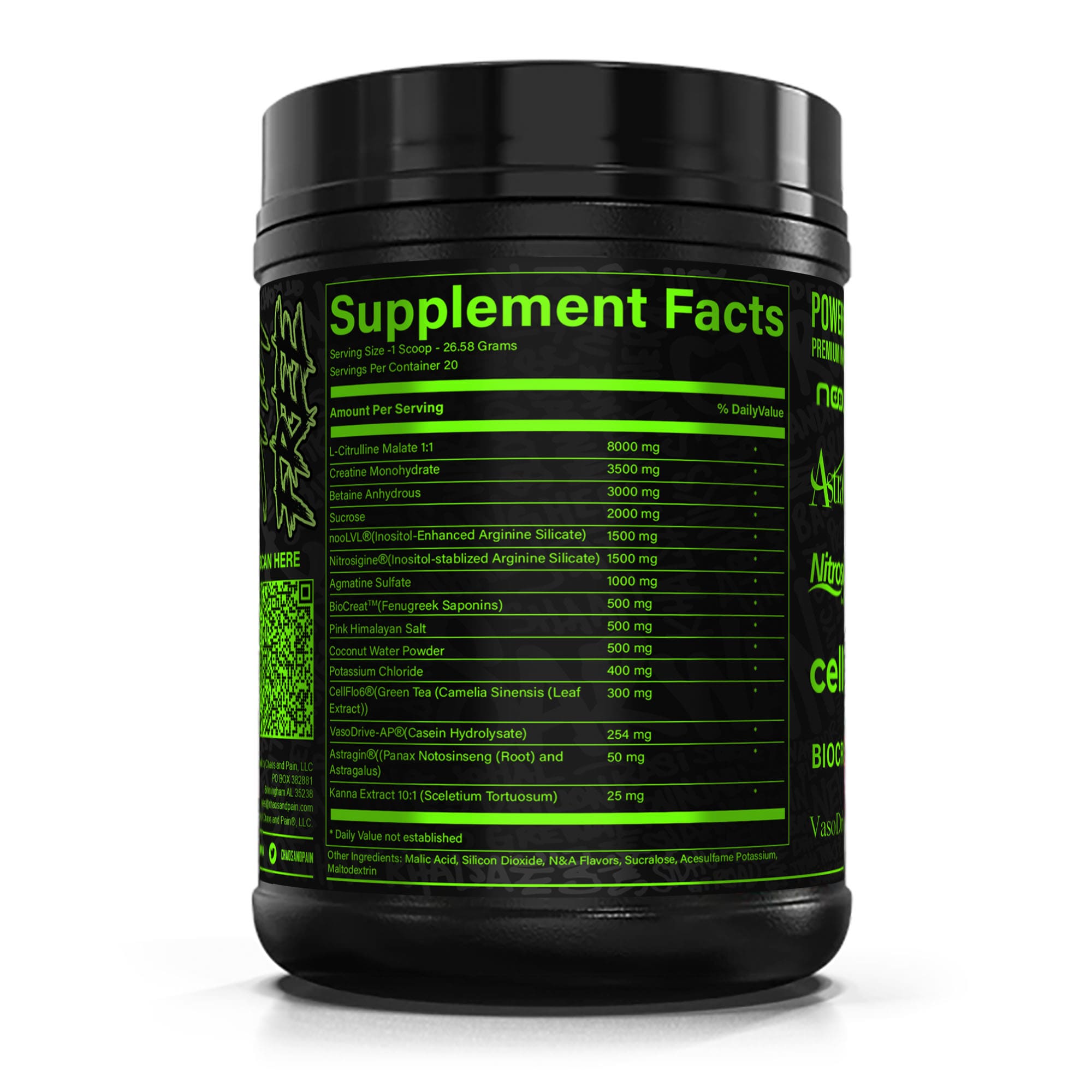
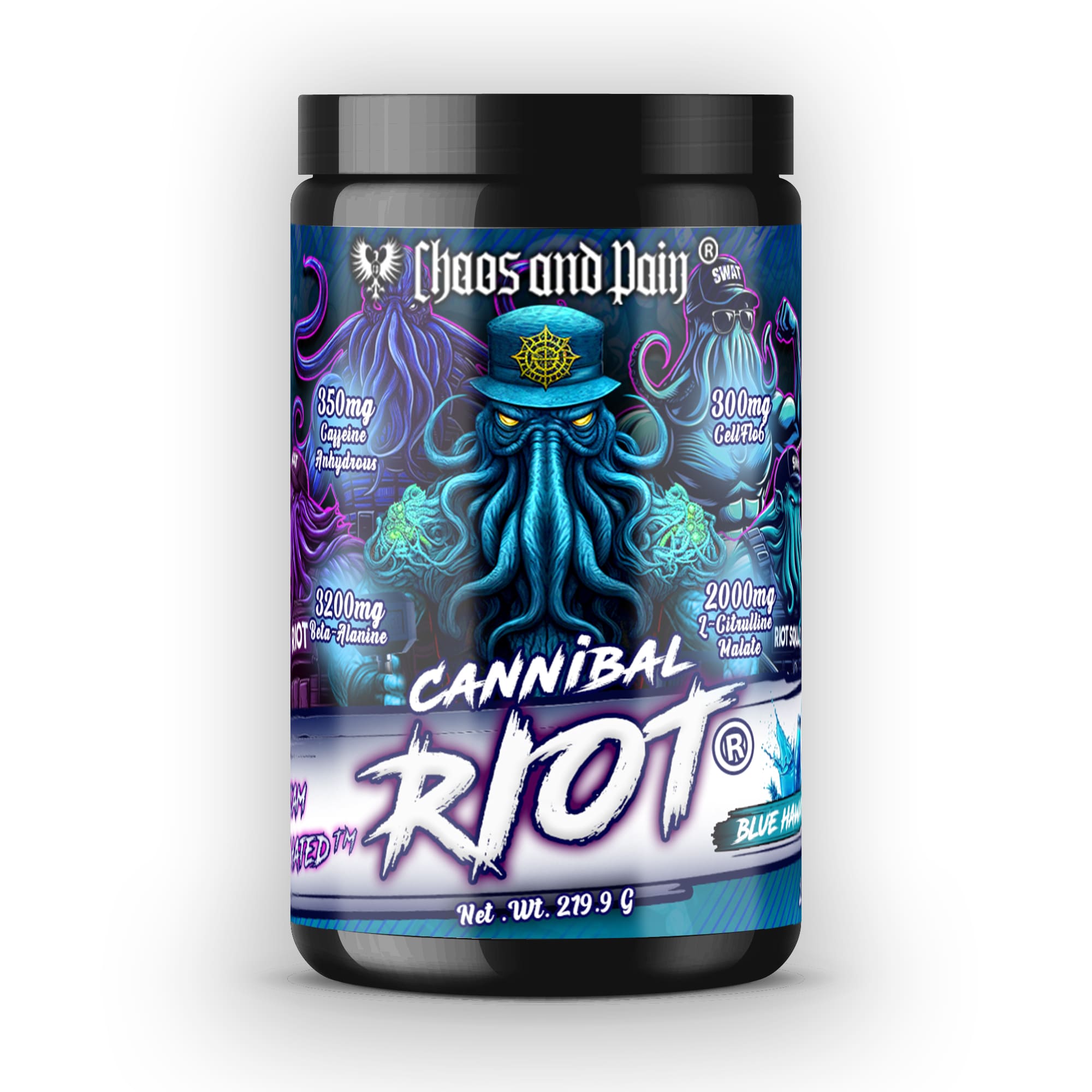
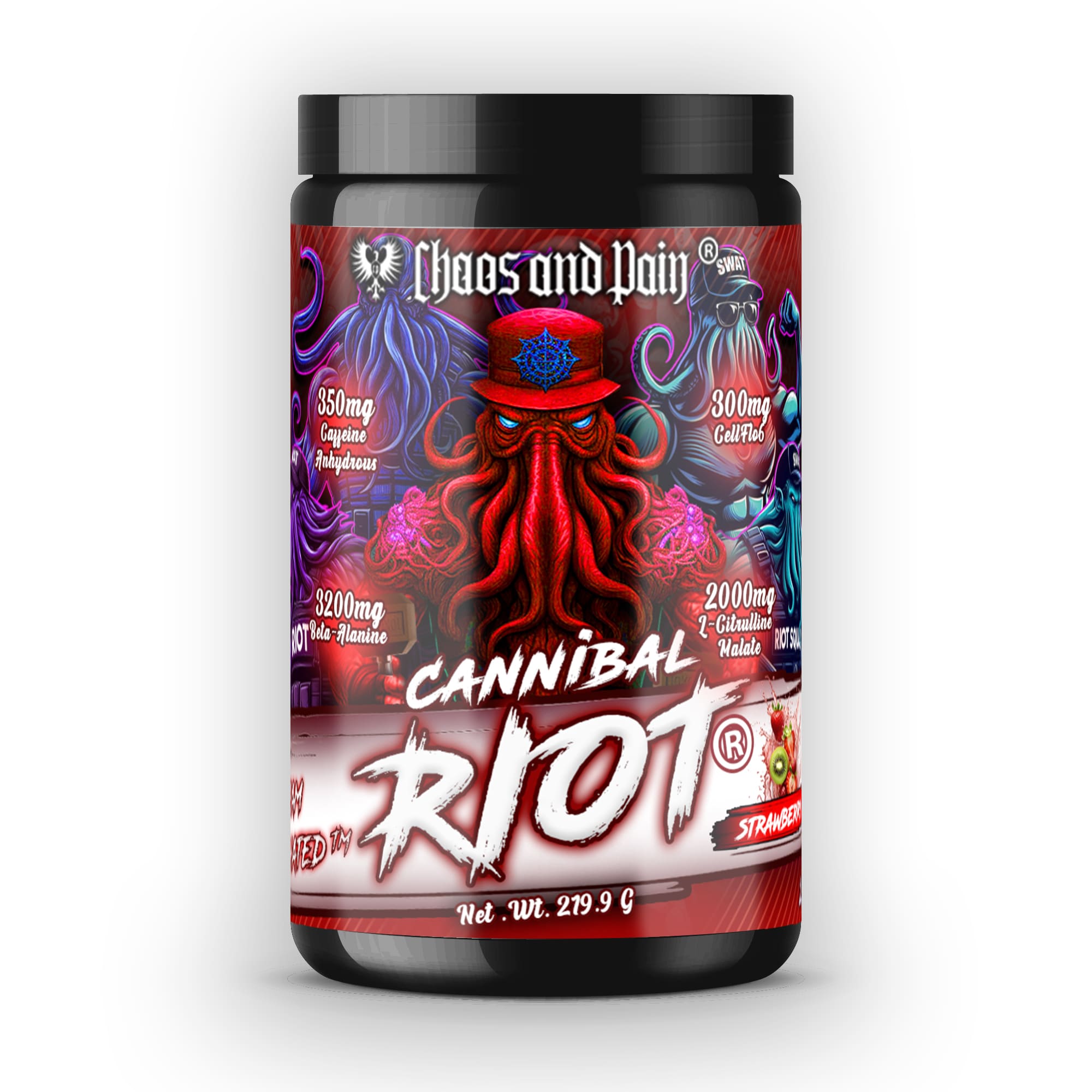
Leave a comment
All comments are moderated before being published.
This site is protected by hCaptcha and the hCaptcha Privacy Policy and Terms of Service apply.